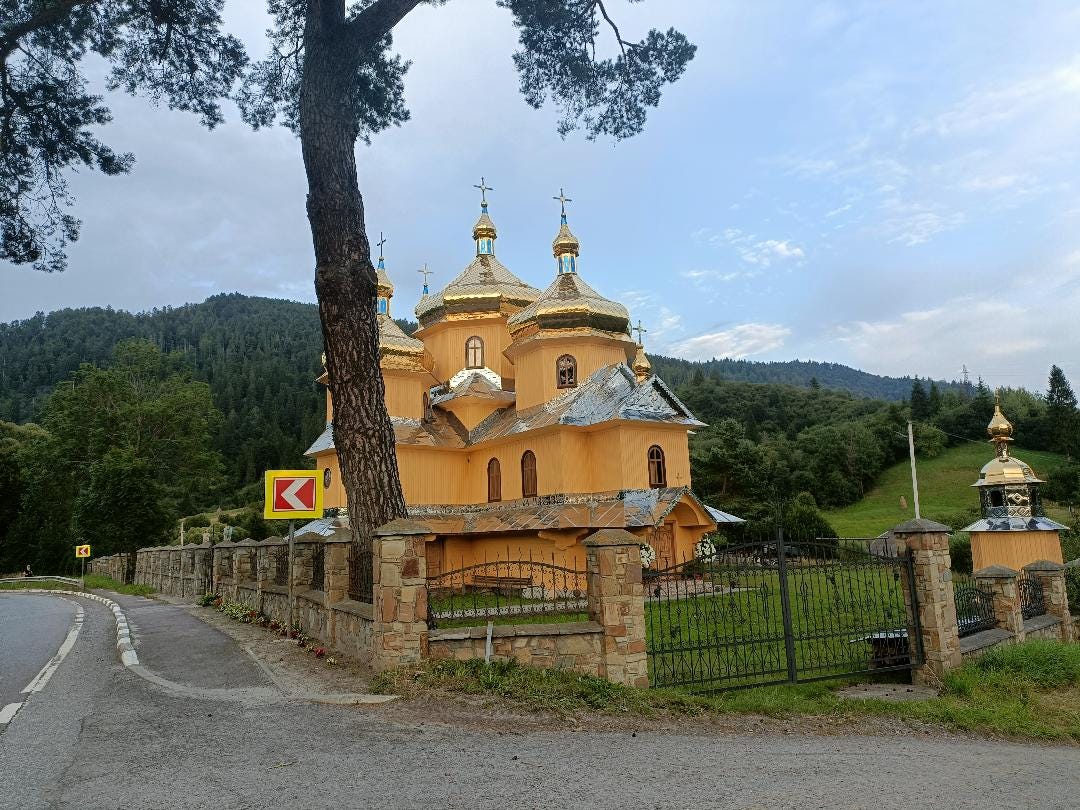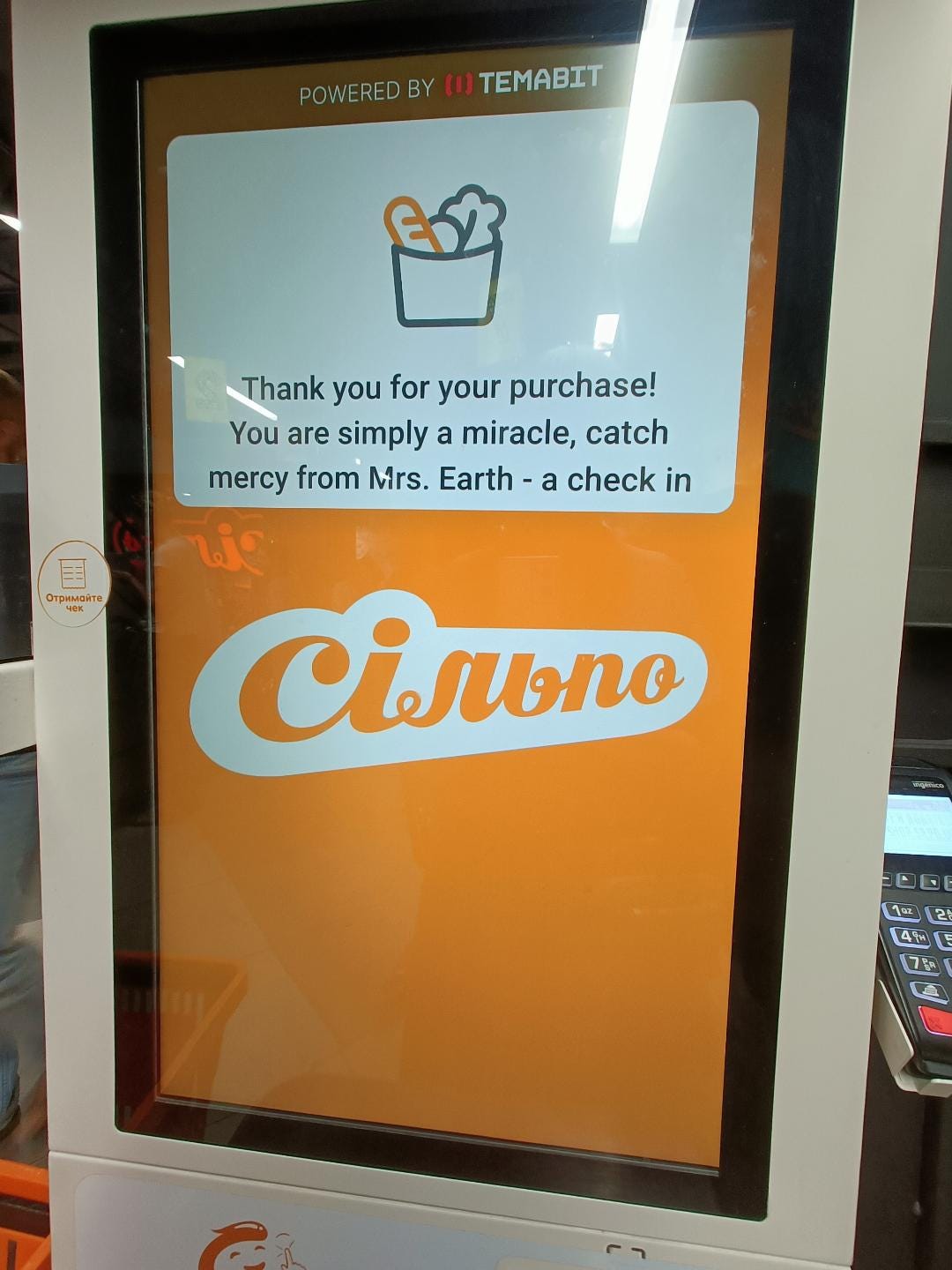When I was a child I remember my grandma telling me tales about her life in London during the World War 2 Blitz. Her tales fascinated me especially when she told me how, pretty soon after the German bombing raids began, most people chose to stay in their homes at night rather than go down to the underground shelters. The truth was, they were tired and craved some kind of normalcy and would rather take the risk and sleep in their own beds.
I remember feeling so in awe of the Blitz spirit she described, and how Londoners continued living their normal day to day lives as best they could, still going to work, queuing for their food rations, and enjoying themselves in the city’s cinemas, restaurants and pubs.
Every lunch time in Trafalgar Square, right in the heart of the capital, an orchestra put on daily concerts for office workers on their lunch breaks, sending the message to the Germans that Londoners weren’t just surviving but they were determined to keep living their lives to the fullest they could.
I keep being reminded of my Grandma and her tales of the Blitz spirit ever since I’ve been back in Ukraine.
I see the same spirit every day in the Ukrainian people. I’m hearing it right now as I type these words and a man plays the sweetest violin music right outside my window, raising money for injured troops. I see it in the cheery faces of the shop staff who serve me, and the warmth and friendliness of the people I encounter.
I’ve noticed a change in myself too.
This is my third trip to Ukraine since the start of the war and it’s the first time I haven’t felt rattled by the air raid alerts - of course I’m sure it would be a different story if I was staying in the east of the country that gets shelled every day.
Lviv, where I am currently, has been bombed during the war but I seem to have absorbed some of the defiant Ukrainian spirit and I refuse to allow a military aggressor to terrorise me. I guess it’s a little like standing up to the playground bully.
In other news, on Sunday I took a roadtrip with my son and his soon-to-be wife through the Carpathian mountains to a town called Uzhorrod in the safest part of Ukraine, right by the border with Slovakia.
This region has never been bombed and doesn’t have a curfew (here in Lviv, everyone has to be home by midnight to stay safe in the event of an air strike) due to its close proximity to the west and it’s where my son will be getting married in three weeks.
It’s impossible to forget about the war there though. Many men from Uzhorrod have been killed defending Ukraine in the east and there’s a very moving memorial to some of them in the town centre, featuring black and white headshots of the soldiers beneath bright blue and yellow Ukrainian flags.
There’s something about a memorial featuring photographs as well as names that really rams the enormity of the losses home. You walk past the faces and the melted candles lit in remembrance beneath them, and you can’t help wondering about the men - who they were, what their lives were like before, who they’ve left behind. It’s impossible to see these memorials and not feel a lump form in the back of your throat.
Another constant reminder of the war in Uzhorrod are the military checkpoints on the roads.
There are a lot around Uzhorrod as it’s so close to the Slovakian border and they’re there to stop anyone eligible for military service from leaving the country.
No men have been allowed to leave Ukraine since the start of the war, which as you can imagine, has had a huge impact on families. It’s the main reason my son and his fiance are having their wedding here. It’s easy for UK family and friends to cross the Slovakian border a few miles into Ukraine, but having the wedding in the UK would have been a nightmare for my future daughter-in-law’s family as it’s really hard for Ukrainian women to get visitors’ visas and her father and other male relatives wouldn’t have been able to come at all.
There are various exemptions for men being mobilised into the Ukrainian army, such as age, number of children and particular professions. These men have to carry the paperwork proving their exemption at all times.
As a British citizen, my son is obviously exempt and he has an ID card he has to take everywhere with him, proving that he’s British and an aid worker.
But, first thing on Monday morning as he was about to leave for work, my son discovered that his ID card was missing.
This was an absolute disaster because as well as needing the card to move around the country for his job, he also needed it to be able to register his wedding!
He and his fiance looked for it everywhere and, as we knew for sure that he’d had it on our roadtrip the night before because he’d had to show it at the checkpoints, the only place we could think it might be was a petrol station we’d stopped at in the middle of the mountains after the final checkpoint.
So, while my son went off to work, his fiance and I set off in the car on an impromptu roadtrip back to the petrol station - but not before a hearty brunch, and much coffee, obviously.
She and I have a very similar sense of humour and adventure so it wasn’t long before we’d turned the whole thing into a bit of a comedy caper - made all the funnier by the fact that I’d forgotten to bring my passport with me, so I had to deadpan my way through the checkpoints, trying not to arouse any interest or suspicion from the soldiers.
By the time we arrived at the petrol station in the middle of the mountains in the middle of nowhere it was safe to say that my future daughter-in-law and I had most definitely bonded!
We went into the garage shop and asked the staff if they’d found any ID. They were very helpful but sadly the answer was no.
Before we set off on our return journey we decided to have one last look in the car, and wouldn’t you know it, the damn card had somehow got wedged against the inner wall of the pocket in the passenger door!
We laughed and danced and hugged for joy on that forecourt in the middle of the mountains in the middle of nowhere before setting off to tell my son the good news.
We ended up driving for about three hours to find a card that was in the car all along. But as we giggled our way back to Uzhorrod it struck me that I’d found something even more valuable en route - a new closeness with and love for my lovely future daughter-in-law.
I’m now back in Lviv and about an hour ago I popped out to the food store, where I’ve become a little obsessed with the English language option on the self service checkout machines! (see pic above)
Everyone’s so friendly here, even the checkout machines, I chuckled to myself on the way back to my Airbnb. Then, on a whim, I popped into a cosmetics store.
One of the shop assistants came straight over, greeting me warmly in Ukrainian.
‘I’m sorry, do you speak any English?’ I asked sheepishly and she laughed and shook her head.
But then a moment later a lovely young woman with the most beautiful and artistic eye make-up came over.
‘Excuse me, did you say you are English?’ she asked with a strong Ukrainian accent.
‘Yes,’ I replied. ‘And I’m afraid I only know very basic Ukrainian.’
‘That’s OK,’ she replied. ‘If you need any help just let me know. I know some English.’
I ought to state here that she didn’t work in the store - like me, she was just browsing - and once again I was blown away by the warmth of the Ukrainian people and we started chatting.
What followed was the loveliest conversation, surrounded by shelves of shampoo!
The woman’s name was Alina and she’s a university student here in Lviv, but her family live near to Kyiv.
I told her about my son’s work here, and how I’m a writer and I’m writing about my Ukraine visit for this very Substack letter. Then it occurred to me that I could ask her a couple of questions for this letter, to give you another little insight into what life is like right now for Ukrainians.
Alina readily agreed and she spoke movingly about how tough it has been in a country that’s been at war for the last two and a half years. ‘It isn’t just the bombing, we’ve been really badly affected by the frequent powercuts too,’ she said. (Russia have been bombing the Ukrainian energy infrastructure) ‘I’m a biology student and it’s meant that I haven’t been able to do my experiments in the lab, and obviously the powercuts badly affect people’s day to day lives in so many ways. I hate to think of what it will be like in the winter.’
I asked Alina if she had a message for you, my lovely Wonderstruck community, reading this letter outside of Ukraine.
‘Yes,’ she said with a smile. ‘We Ukrainians don’t expect or demand other people’s help but we’re so, so grateful for it.’
Then I asked her if she could think of anything positive or inspiring that had come from the war. I was a little worried this might be insensitive of me to ask, but to my relief she nodded.
‘I’ve been so impressed by the kindness and bravery of my people,’ she replied. ‘Even after two and a half years of war we are all still coming together to help each other.’
I left Alina feeling so impressed too. The kindness and bravery of the Ukrainian people is awe-inspiring, and I’m so grateful for the new friends and family I’m making here.
Until next week, here’s to kindness and bravery and coming together to help - in any way we can.
Siobhan







Your writing is sublime, a perfect read with my Sunday cuppa. You really bring the people and places to life, and I felt I was there experiencing it all with you ❤️